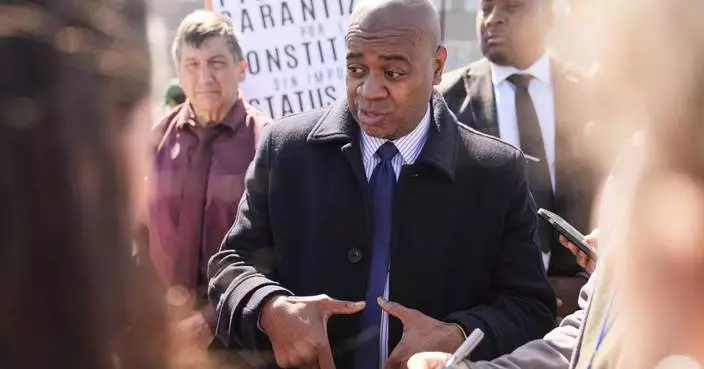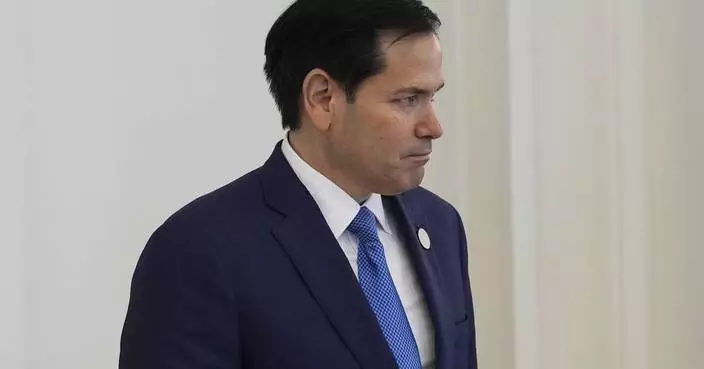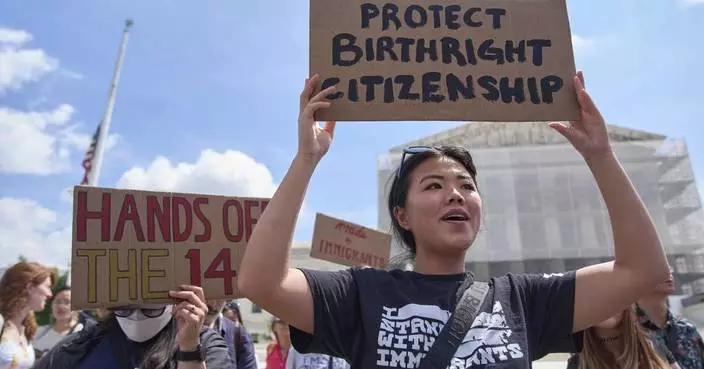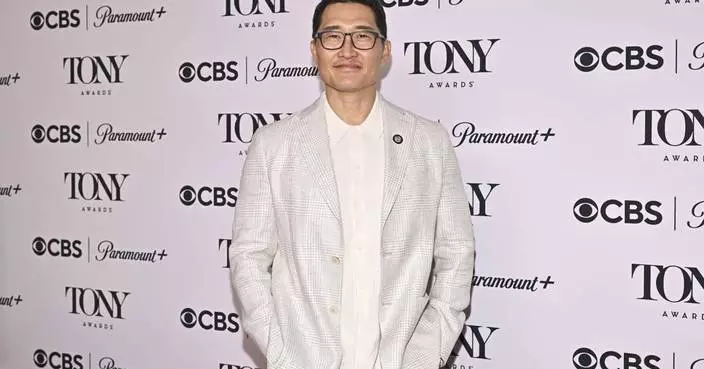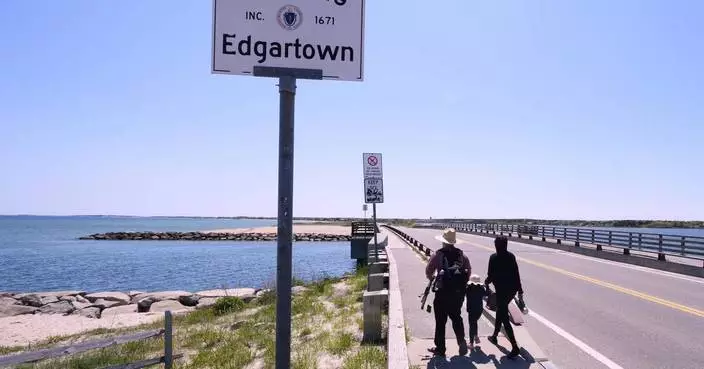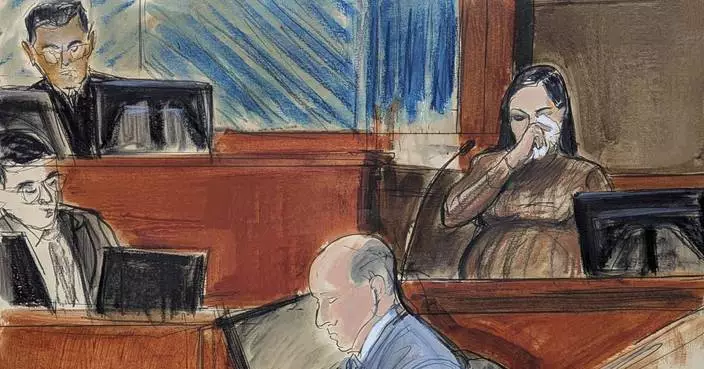BEIJING--(BUSINESS WIRE)--Jan 13, 2025--
The world's first 300 MW compressed air energy storage (CAES) demonstration project, "Nengchu-1," was fully connected to the grid in Yingcheng, central China's Hubei Province on Thursday, marking the official commencement of commercial operations for the power station.
This press release features multimedia. View the full release here: https://www.businesswire.com/news/home/20250111706594/en/
The project, invested and constructed by China Energy Engineering Group Co., Ltd., (CEEC), has set three world records in terms of single-unit power, storage capacity, and energy conversion efficiency.
This milestone marks China's CAES technology entering the 300 MW era of engineering applications.
"Nengchu-1" was independently developed by CEEC in collaboration with over a hundred domestic industry partners. It is the world's first large-scale CAES solution with complete independent intellectual property rights and a full industrial supply chain, designed for long-duration physical energy storage.
This solution, suitable for projects of 300 MW and above, effectively addresses the intermittency and volatility of renewable energy generation, serving as a crucial support for constructing a new power system.
“The successful grid connection of 'Nengchu-1' provides a 'Chinese solution' to the global challenge of instability and uncertainty in new power systems dominated by renewable energy, contributing to the green and low-carbon energy transition,” said Song Hailiang, Chairman of CEEC.
The project, which broke ground in 2022, utilizes the abundant salt cavern resources in Yunmeng and Yingcheng, Hubei Province. It is the world's first full green, non-supplementary combustion, and high-efficiency 300 MW CAES project, representing China's innovative achievement with complete independent intellectual property rights in the CAES field.
"'Nengchu-1' will save 159,000 tons of standard coal and reduce carbon dioxide emissions by 411,000 tons annually. It will play a significant role in ensuring the safe and stable operation of the power grid and facilitating the consumption of renewable energy," said Wan Mingzhong, Chief Expert of CEEC.
Looking ahead, CEEC plans to use the full-capacity grid connection of "Nengchu-1" as an opportunity to drive technological innovations in CAES toward higher efficiency, lower costs, and larger scales, contributing to advancing the global energy transition toward a green and low-carbon future.
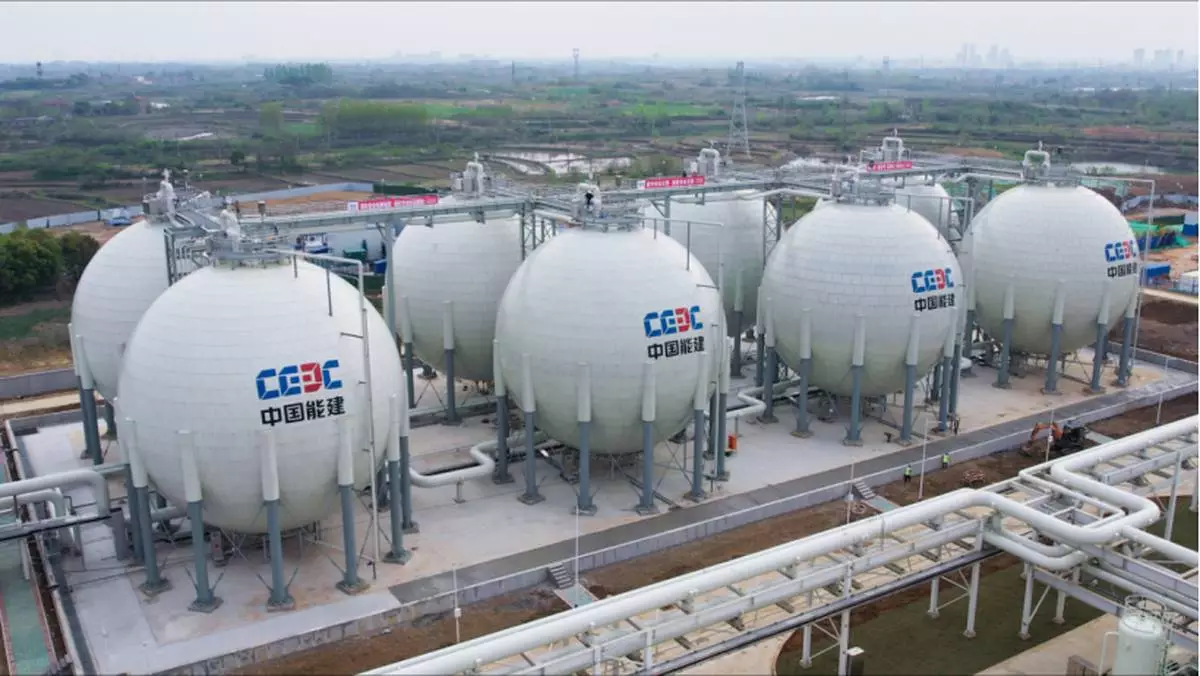

A photo of the pressure-bearing spherical tanks at the "Nengchu-1" project. Photo: Courtesy of China Energy Engineering Group Co., Ltd., (CEEC)
WASHINGTON (AP) — The Supreme Court on Thursday weighed whether to allow President Donald Trump’s restrictions on birthright citizenship to temporarily take effect in most of the country, even if they might ultimately be found to violate the Constitution.
The justices heard arguments in the Trump administration's emergency appeals over lower court orders that have kept the citizenship restrictions on hold across the country. Nationwide, or universal, injunctions have emerged as an important check on Trump's efforts to remake the government and a mounting frustration to the Republican president and his allies.
Judges have issued 40 nationwide injunctions since Trump began his second term in January, Solicitor General D. John Sauer told the court at the start of more than two hours of arguments.
Birthright citizenship is among several issues, many related to immigration, that the administration has asked the court to address on an emergency basis, after lower courts acted to slow the president’s agenda.
The justices are also considering the Trump administration’s pleas to end humanitarian parole for more than 500,000 people from Cuba, Haiti, Nicaragua and Venezuela and to strip other temporary legal protections from another 350,000 Venezuelans. The administration remains locked in legal battles over its efforts to swiftly deport people accused of being gang members to a prison in El Salvador under an 18th century wartime law called the Alien Enemies Act.
Trump signed an executive order on the first day of his second term that would deny citizenship to children who are born to people who are in the country illegally or temporarily.
The order conflicts with a Supreme Court decision from 1898 that held that the Citizenship Clause of the 14th Amendment made citizens of all children born on U.S. with narrow exceptions that are not at issue in this case.
States, immigrants and rights group sued almost immediately, and lower courts quickly barred enforcement of the order while the lawsuits proceed.
The current fight is over the rules that apply while the lawsuits go forward.
The court's liberal justices seemed firmly in support of the lower court rulings that found the changes to citizenship that Trump wants to make would upset the settled understanding of birthright citizenship that has existed for more than 125 years.
Birthright citizenship is an odd case to use to scale back nationwide injunctions, Justice Elena Kagan said. "Every court has ruled against you,” she told Sauer.
But if the government wins on today’s arguments, it could still enforce the order against people who haven’t sued, Kagan said. “All of those individuals are going to win. And the ones who can’t afford to go to court, they’re the ones who are going to lose,” she said
Several conservative justices who might be open to limiting nationwide injunctions also wanted to know the practical effects of such a decision as well as how quickly the court could reach a final decision on the Trump executive order.
Justice Brett Kavanaugh pressed Sauer with a series of questions about how the federal government might enforce Trump’s order.
“What do hospitals do with a newborn? What do states do with a newborn?” he said.
Sauer said they wouldn’t necessarily do anything different, but the government might figure out ways to reject documentation with “the wrong designation of citizenship.”
Kavanaugh continued to press for clearer answers, pointing out that the executive order only gave the government about 30 days to develop a policy. “You think they can get it together in time?” he said.
The Trump administration, like the Biden administration before it, has complained that judges are overreaching by issuing orders that apply to everyone instead of just the parties before the court.
Justice Sonia Sotomayor was among several justices who raised the confusing patchwork of rules that would result if the court orders were narrowed and new restrictions on citizenship could temporarily take effect in 27 states.
Some children might be “stateless,” Sotomayor said, because they'd be denied citizenship in the U.S. as well as the countries their parents fled to avoid persecution.
New Jersey Solicitor General Jeremy Feigenbaum, representing 22 states that sued, said citizenship could “turn on and off” for children crossing the Delaware River between Camden, New Jersey, where affected children would be citizens, and Philadelphia, where they wouldn't be. Pennsylvania is not part of the lawsuit.
One possible solution for the court might be to find a way to replace nationwide injunctions with certification of a class action, a lawsuit in which individuals serve as representatives of a much larger group of similarly situated people.
Such a case could be filed and acted upon quickly and might even apply nationwide.
But under questioning from Justice Amy Coney Barrett and others, Sauer said the Trump administration could well oppose such a lawsuit or potentially try to slow down class actions.
Supreme Court arguments over emergency appeals are rare. The justices almost always deal with the underlying substance of a dispute.
But the administration didn't ask the court to take on the larger issue now and, if the court sides with the administration over nationwide injunctions, it's unclear how long inconsistent rules on citizenship would apply to children born in the United States.
A decision is expected by the end of June.
Follow the AP's coverage of the U.S. Supreme Court at https://apnews.com/hub/us-supreme-court.
![Tanjam Jacobson, of Silver Spring, Md., holds a sign saying "Citizenship is a Birthright," Thursday, May 15, 2025, outside the Supreme Court in Washington. Jacobson is a naturalized U.S. citizen who was born in England of Indian descent, and her son was born here. "This is something that really matters," says Jacobson, "it's so wrong against the constitution [to take away birthright citizenship]." (AP Photo/Jacquelyn Martin)](https://image.bastillepost.com/1200x/wp-content/uploads/global/2025/05/2c495cddc1436e21a9fa976d295dc292_Supreme_Court_Birthright_Citizenship_26310.jpg.webp)
Tanjam Jacobson, of Silver Spring, Md., holds a sign saying "Citizenship is a Birthright," Thursday, May 15, 2025, outside the Supreme Court in Washington. Jacobson is a naturalized U.S. citizen who was born in England of Indian descent, and her son was born here. "This is something that really matters," says Jacobson, "it's so wrong against the constitution [to take away birthright citizenship]." (AP Photo/Jacquelyn Martin)
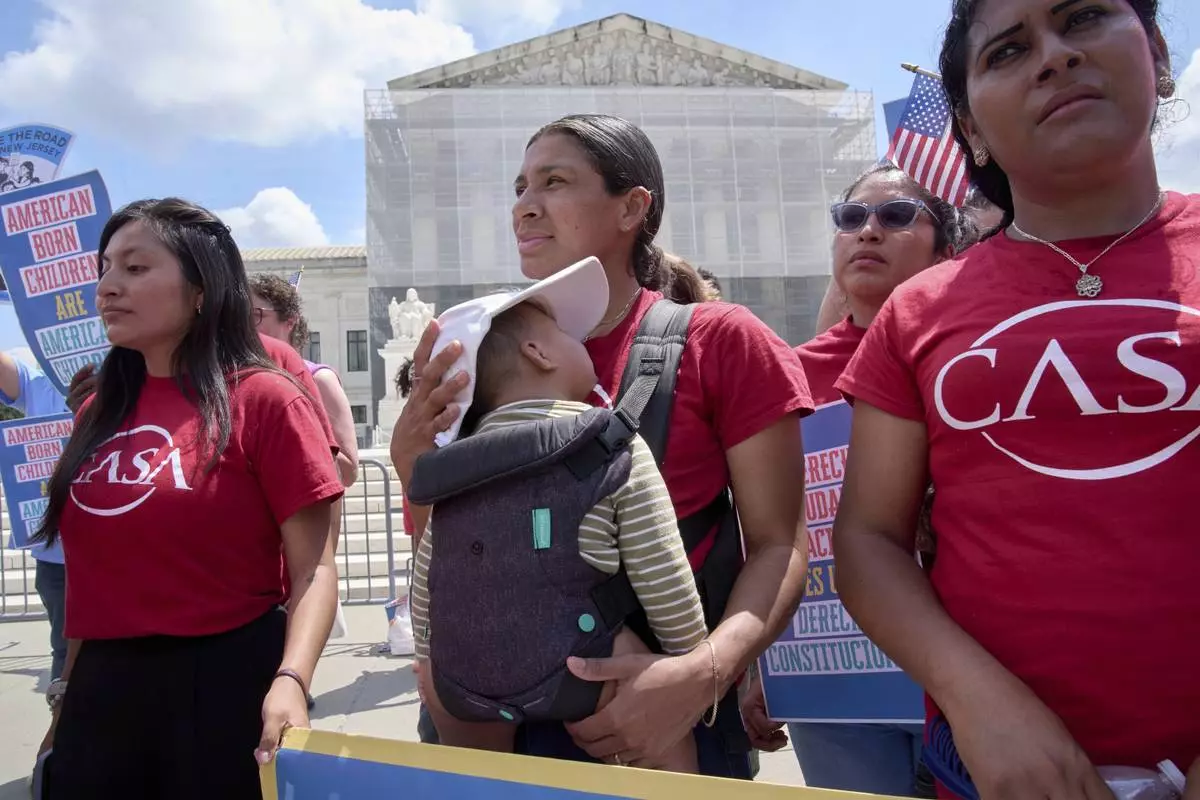
A woman from CASA Maryland holds her 9-month-old baby as she joins others in support of birthright citizenship, Thursday, May 15, 2025, outside of the Supreme Court in Washington. (AP Photo/Jacquelyn Martin)





![Tanjam Jacobson, of Silver Spring, Md., holds a sign saying "Citizenship is a Birthright," Thursday, May 15, 2025, outside the Supreme Court in Washington. Jacobson is a naturalized U.S. citizen who was born in England of Indian descent, and her son was born here. "This is something that really matters," says Jacobson, "it's so wrong against the constitution [to take away birthright citizenship]." (AP Photo/Jacquelyn Martin)](https://image.bastillepost.com/1200x/wp-content/uploads/global/2025/05/2c495cddc1436e21a9fa976d295dc292_Supreme_Court_Birthright_Citizenship_26310.jpg.webp)


